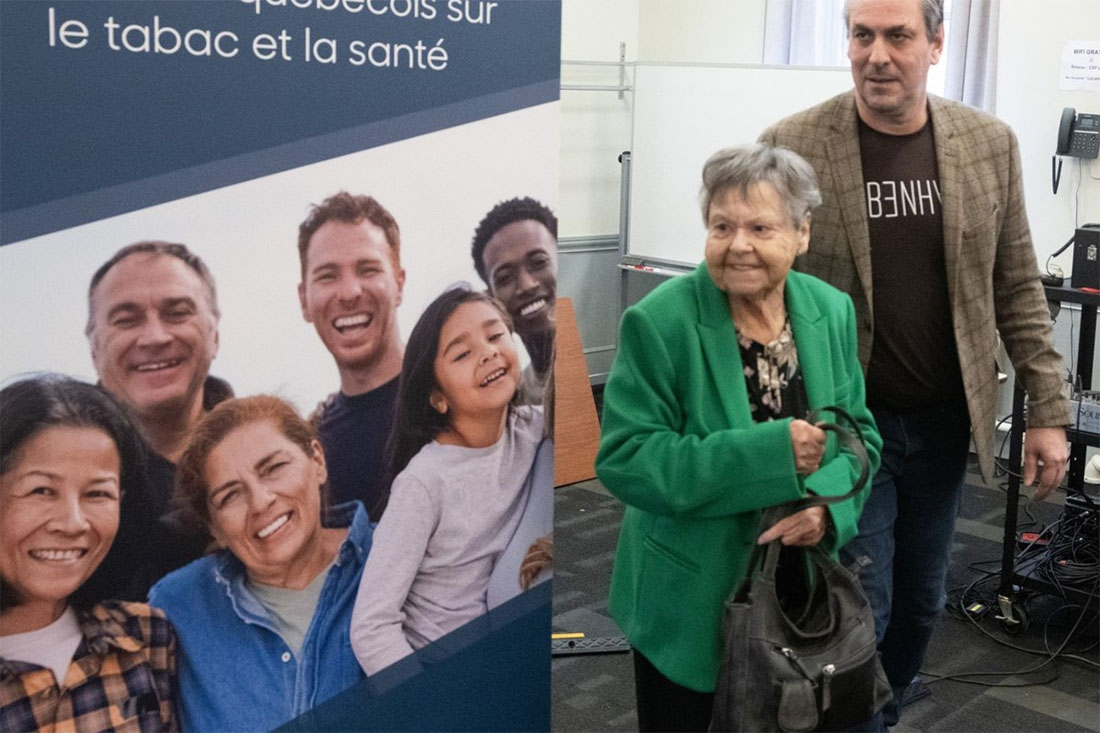
Philip Morris CEO Jacek Olczak expressed optimism about the resolution, stating, "Although important issues with the plan remain to be resolved, we are hopeful that this legal process will soon conclude, allowing RBH and its stakeholders to focus on the future." The settlement would enable Rothmans, Benson & Hedges (RBH), Philip Morris's Canadian subsidiary, to emerge from bankruptcy protection.
BAT's Imperial Tobacco Canada has endorsed the settlement framework, announcing plans to fund its portion through available cash reserves and future Canadian tobacco sales revenue. However, market reaction was cautious, with BAT shares declining 3% following the announcement.
The path to this settlement began in 2019 when the Canadian subsidiaries of all three companies sought bankruptcy protection after the Quebec Court of Appeal upheld the original ruling. This protective measure facilitated the court-supervised mediation process that ultimately led to the current proposal.
While the aggregate settlement amount has been established, the specific allocation among the three tobacco giants remains under negotiation. The proposal faces several crucial milestones before implementation: claimants must vote on the plan in December 2024, followed by a court approval hearing anticipated in the first half of 2025.
This settlement represents a pivotal moment in Canadian corporate litigation, potentially establishing new precedents for corporate accountability in public health matters. The resolution would not only provide compensation to affected smokers but also chart a clearer course for the tobacco companies' Canadian operations moving forward.
The companies aim to maintain their business continuity while addressing historical liabilities, though the substantial settlement amount underscores the significant financial implications of public health litigation in the tobacco industry.
















